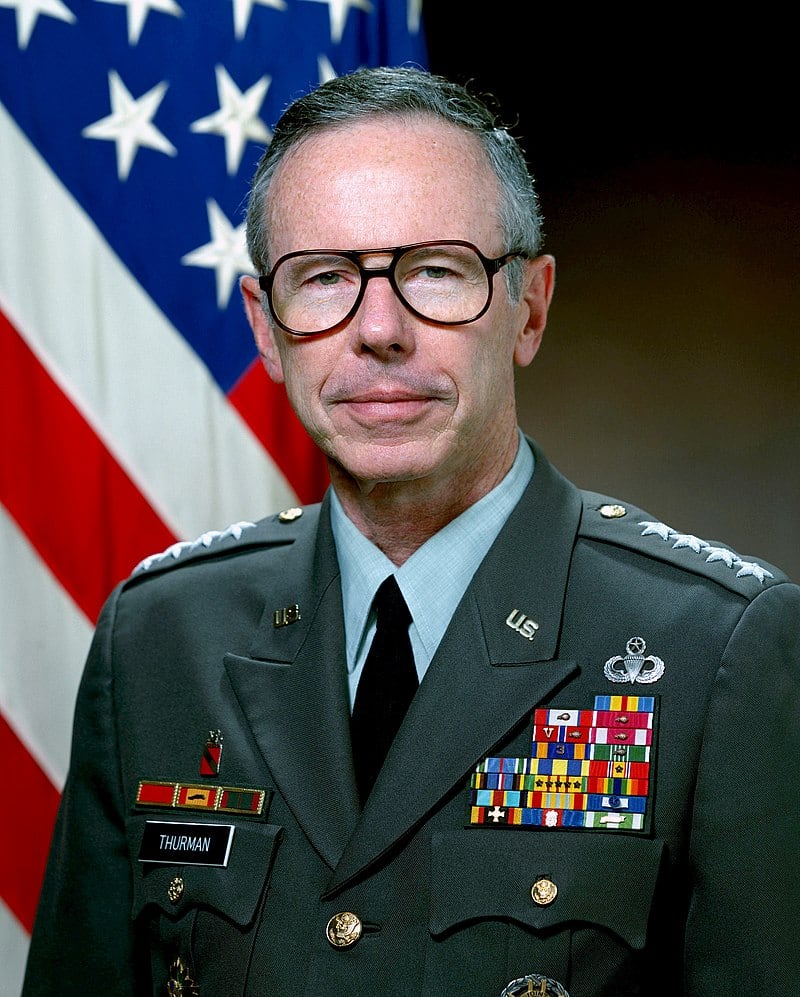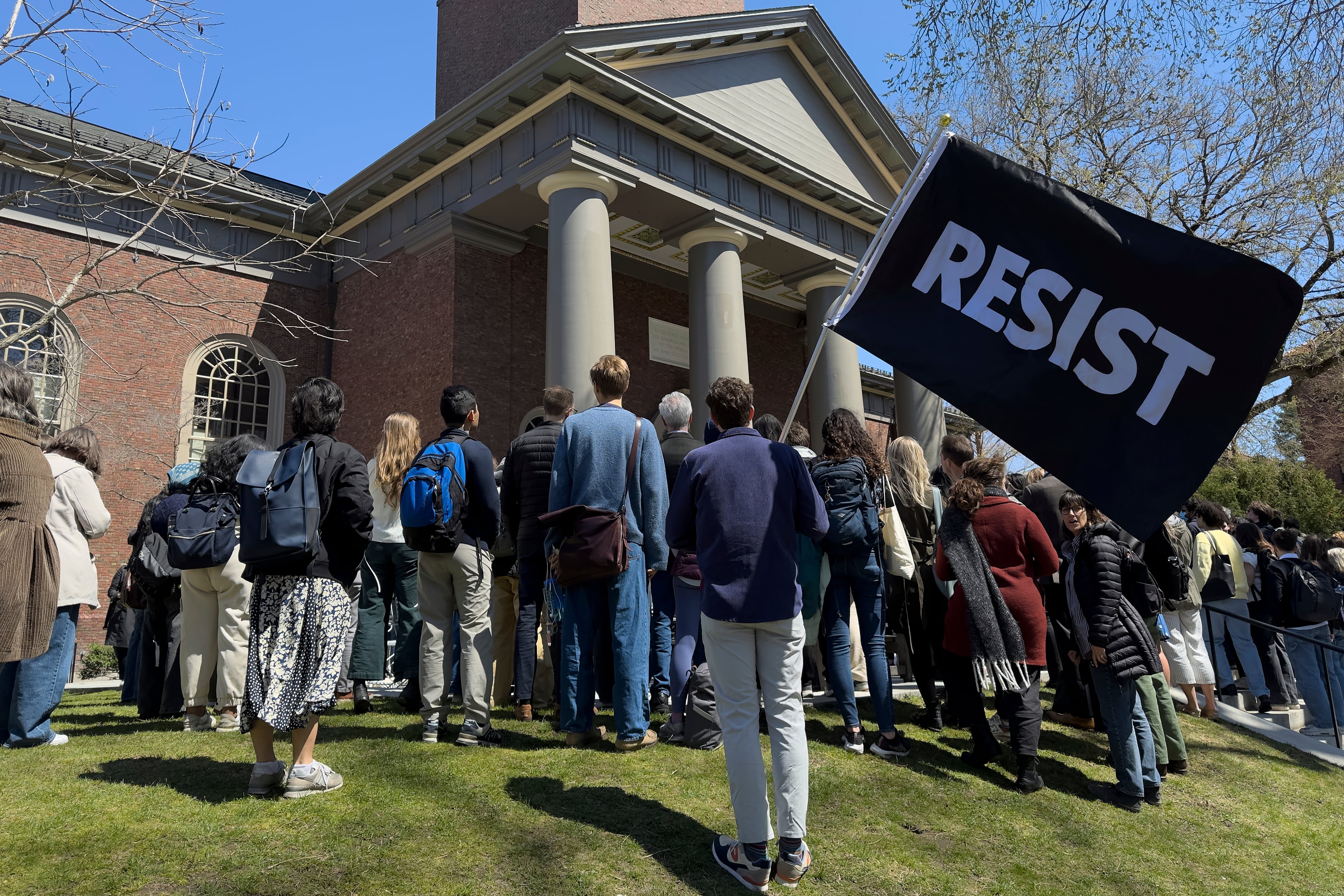In December 2022, the Army announced its plan to market for new recruits with an old slogan–”Be All You Can Be.” This slogan was successfully used in Army advertising from about 1981 to 2001. Developed under the auspices of Gen. Maxwell Reid Thurman, history has not fully recognized Thurman’s numerous accomplishments, including his role as the principal architect of the all-volunteer Army.
On February 18, 2023, the Army Heritage & Education Center in Carlisle, Pennsylvania, the nation’s premier resource for the study of the Army’s heritage, hosted an important documents transfer ceremony intended to help further the understanding and recognition of Thurman’s military career and his many accomplishments across a wide array of critical staff and command assignments.
The document transfer included more than 500 pages of interview transcripts and the 17 original tape recordings from interviews conducted by Dr. Faris Russell Kirkland with Thurman sometime between late 1993 to shortly before the general’s death in late 1995.
RELATED

Known by the nickname “Mad Max,” due to his image as a workaholic, Thurman was considered an exceptional senior leader and had a widespread reputation as a brilliant conceptual thinker, master organizer, and strategic systems manager. His Army legacy is defined by his important contributions during the 1970s and 1980s in shaping and establishing a sea change in the Army’s notion of training, leadership/leader development, and procurement/logistics.
The recruiting slogan “Be all you can be” is but one hallmark of Thurman’s career and service to his country.
Kirkland was a military social historian working at the Walter Reed Army Institute of Research, Washington, D.C., and a lead investigator in the early 1990s for a study of the human dimension aspects of the establishment of the Army’s first light infantry division at Fort Ord, California.
Thurman had a keen interest in many of the institute’s research activities, including the study of the fielding of the light infantry division. While the specific details remain unclear, Thurman agreed to participate in a series of interviews with Kirkland. These interviews were intended to capture Thurman’s perspectives on leadership through the lens of his career experiences as an Army Officer. The fact that both Thurman and Kirkland shared a background as field artillery officers enriched their relationship.
The existence of these taped interviews was not generally known until immediately prior to Kirkland’s death in 2000. In late 1999 Kirkland had asked a former colleague at the research institute, Linette Sparacino, to be his literary executrix. In this role, Sparacino was to make all final determinations regarding the content and disposition of Kirkland’s unfinished research projects and unpublished writings.
With the consent of the Kirkland family and the support of a number of colleagues who contributed to the auditing and organization of the original taped materials, these rich interviews have been transcribed and made available as public documents in the holdings of the Army Heritage & Education Center.
The intent is that they will be useful for military scholars and others interested in various aspects of military leadership and military affairs. To this end, David Kieran, the Col. Richard Hallock Distinguished Chair in Military History at Columbus State University, Columbus, Georgia is making use of these transcripts for his upcoming book, “How the Army Saved Itself: Maxwell R. Thurman and the Army’s Post-Vietnam Metamorphosis.”
To access both the Preface (document explaining the origin and context of these interviews) and the Interviews themselves, go to https://www.armyheritage.org/programs/research.
James (Jim) Martin is a Professor Emeritus of Social Work and Social Research and a retired Licensed Independent Clinical Social Worker.. His scholarship and public service focus on the well-being of individuals, families and communities, and his research and civic engagement address military and Veteran populations. A retired colonel in the Army Medical Department, Jim’s distinguished military career included a wide array of clinical, research, as well as senior program management (command) and policy assignments. Jim served as the senior Social Work Officer in the Combat Theater during the First Gulf War.
These views are solely those of the author, and do not purport to be the views of the Department of Defense or the U.S. government.
Have an opinion?
This article is an Op-Ed and as such, the opinions expressed are those of the author. If you would like to respond, or have an editorial of your own you would like to submit, please email us.
Want more perspectives like this sent straight to you? Subscribe to get our Commentary & Opinion newsletter once a week.




